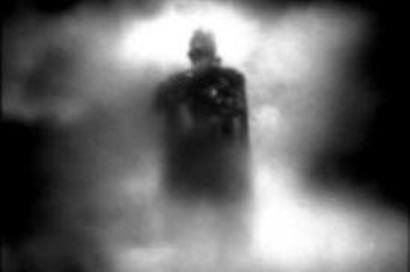There was in fact an active hostility to the very idea of law embedded in traditional Chinese culture. The Confucians believed that human life should be regulated not by formal, written laws, but by morality. This revolved around the cultivation of li, or correct moral conduct, through education and correct upbringing. The Confucians argued that reliance on written law, or fa, was detrimental because formal rules were too broad and general to produce good outcomes in specific cases. Confucian ethics is highly situational or context dependent: the right outcome depends heavily on the relationship and status of the parties involved, the specific facts of the case, and conditions that cannot be known or specified in advance. Good outcomes are produced not by the impartial application of rules but by a sage or superior man who can weigh local context. Having a good emperor at the top of the system is a condition for its proper functioning.
In Fukuyama's history, China "never had a transcendental religion, and there was never a
pretense that law had a divine origin." It seems to me that contemporary attitudes towards the basis of law are similar. John Rawls' has contrived such concepts as "the original position" and "the veil of ignorance" as quasi-metaphysical substitutes for traditional Western attitudes towards the law, and then, upon their acceptance, goes on to build his neo-Confucian technocracy. I view Rawls' concepts as mere psychological substitutes meant to satisfy a cultural need, rather than as solid bases of understanding, as I remain unconvinced by the arguments Rawls and his followers offer in their support. It takes very little thought to identify them as sophistries and deceptions.*
Like the Confucians, Rawls gives us an orthodox morality, and rather than an orthodoxy of law, it is an orthodoxy of institution, an orthodoxy of bureaucratic relationships. For Rawls, behavior and policy is tested against the standard of what he calls the "Just Society" but after the smoke of his argumentation clears, it is evident that morality and policy are determined by the internal politics of the bureaucracy he represents. As reading Fukuyama in this context suggests, the nature of how the Rawlsian technocracy actually functions and arrives at decisions compares to Confucian attitudes:
Law was seen as a rational human instrument by which the state exercised its authority and maintained public order. The law did not limit or bind the sovereign himself, who was the ultimate source of law. While the law could be administered impartially, this was not due to any inherent rights possessed by citizens. Rights were rather the gift of a benevolent ruler. Impartiality was simply a condition for good public order. It was for this reason that property rights and private law—contracts, torts, and other issues arising between individuals and not involving the state—were given very little emphasis. This stood in sharp contrast to both the Common Law and the Roman Civil Law traditions in the West.
* Appertaining to my criticisms, in a future Highbrow post I'll discuss some related problems in Rawls and Kant, applying analysis via G.E.M. Anscombe. UPDATE: Please click HERE for that note on Rawls and Kant.


































